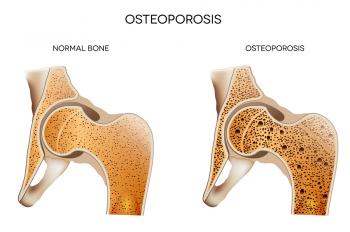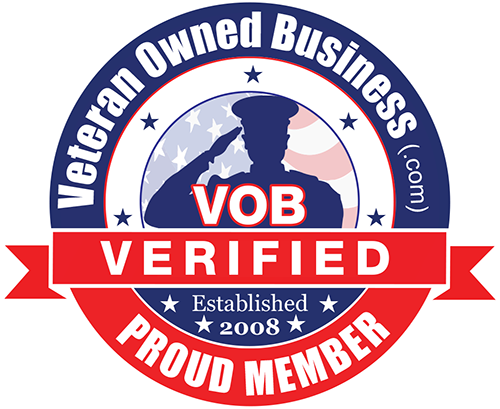What Are Your Senior’s Osteoporosis Risk Factors?
September 15, 2020

Getting a firm idea what risk factors your senior faces in regard to osteoporosis can be a big way to help mitigate those risks. There may be more your senior can do than she thinks.
She’s Had to Be in Bed for a Long Period
Bed rest can do a lot to help your senior to heal, but it can also cause problems. Besides the possibility of developing bed sores and losing muscle mass, being in bed for long periods of time can cause your senior’s bones to become weaker. Getting up and moving around puts weight on those bones, which is what helps them to become stronger again.
Others in Her Family Have Had Osteoporosis
Family history has a huge impact in so many respects, but especially with osteoporosis. If your senior has a family history on either side of osteoporosis, she may be more likely to develop it herself. Not everyone who has osteoporosis is officially diagnosed with it, though. So it may make more sense to think about whether any family members in her past experienced a greater incidence of bone injuries, especially broken bones, as they aged.
She’s Broken a Few Bones Over the Course of Her Life
But there’s more than just your senior’s family history to consider. Has she broken bones a few times over the span of her life? This isn’t a guarantee that she’ll develop osteoporosis, but it could mean that her bones are more prone to being weaker, which can leave her more vulnerable to bone issues. Talk to her doctor about whether this is a concern for your senior.
She Might Have Taken Medications that Bring Higher Risk
If your elderly family member has taken a lot of different medications over the years, especially for chemotherapy, she may be at a greater risk of developing osteoporosis. All medications have side effects, and those have to be weighed against he benefits that your senior’s doctor expects them to provide for your elderly family member.
Her Calcium Levels Are Low
Calcium is a really important mineral in bone health. If your elderly family member is low on calcium overall, that can be a problem for her bones. Your aging family member’s doctor might suggest that she start taking a calcium supplement or doing simple things, like drinking more milk or eating more dairy products, like yogurt. Other nutrients, like vitamin D, are also useful for bone health, and those may be lower than optimum levels, too.
If your senior already is dealing with osteoporosis or is at a higher risk for developing it, she may want to put a plan in place to help her to manage what’s going on. Elder care providers can take over some of the tasks that have become more difficult for her, letting her concentrate on the factors she can control.
If you or your loved one is looking for Elder Care in Aptos, CA, please call Familiar Surroundings Home Care.
Santa Clara County: (408) 979-9990
San Mateo County: (650) 353-9777
Santa Cruz County: (831) 480-3990
